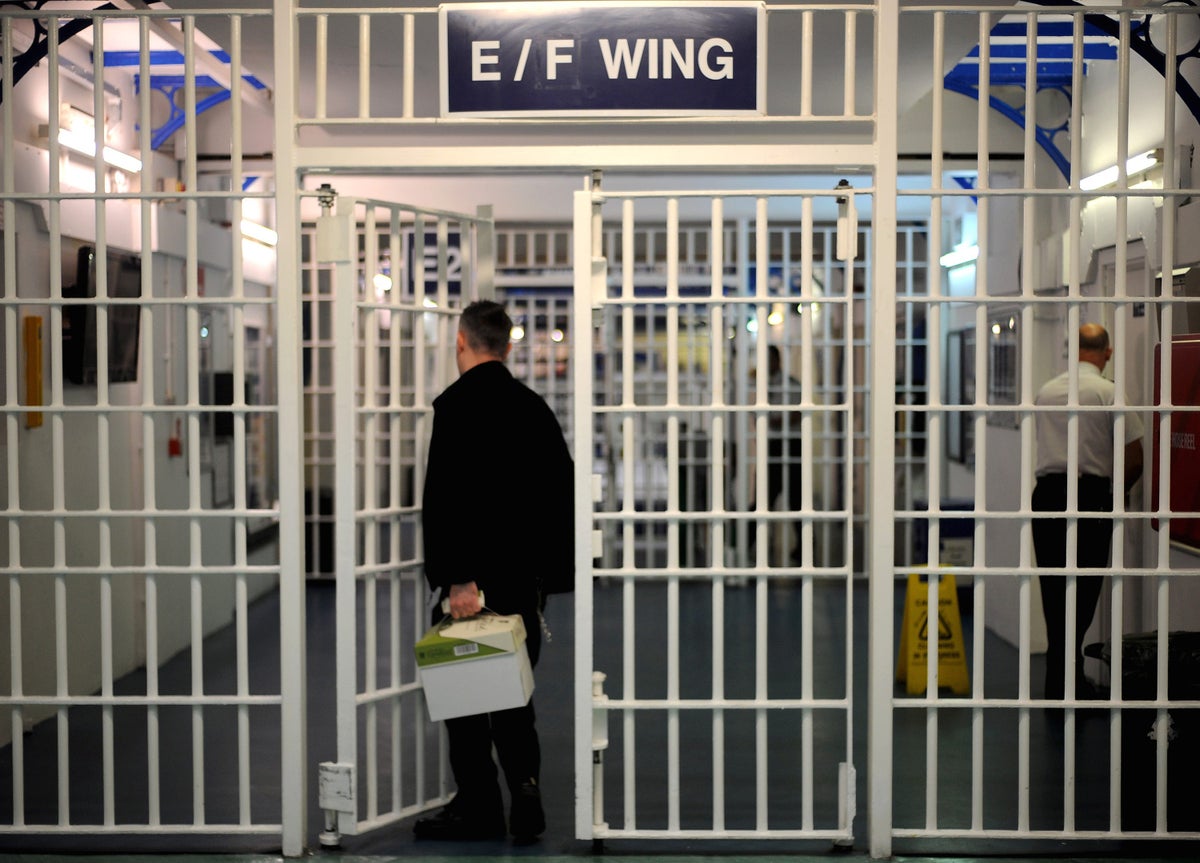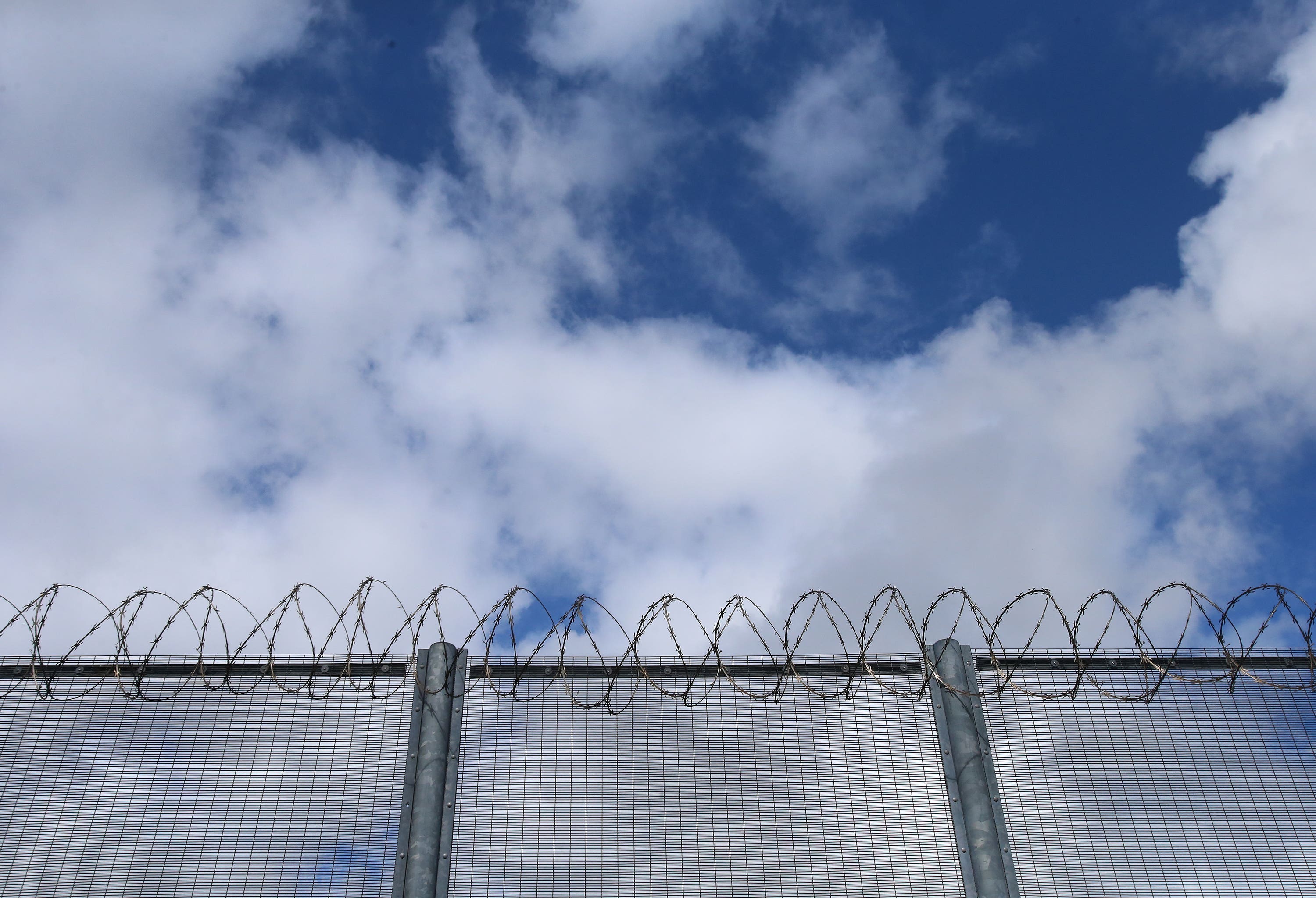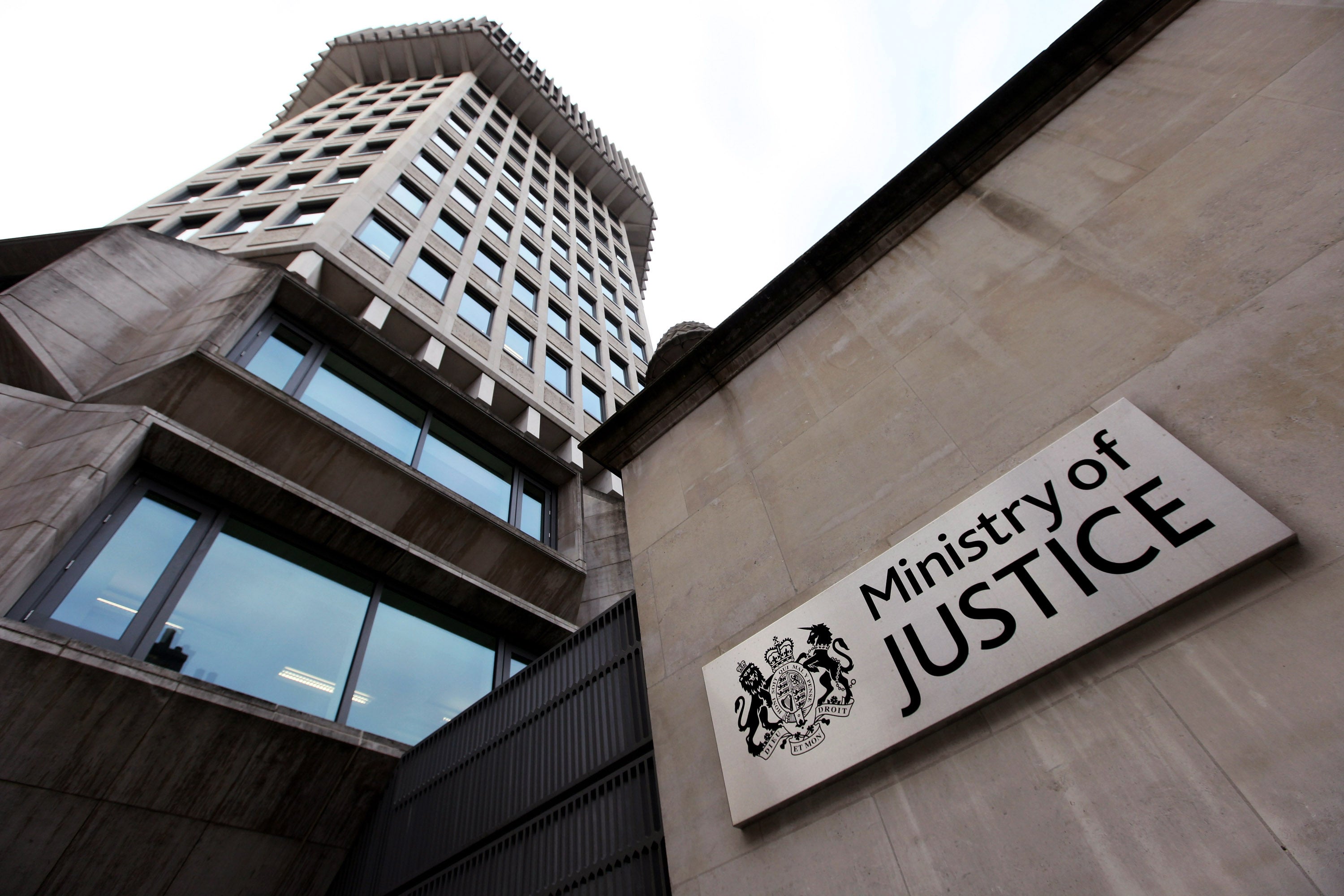
The deaths of Black and mixed-race people in UK prisons are among the most violent and prevalent, a charity has warned.
In a new report, Deaths of racialised people in prison 2015 – 2022, Inquest has revealed new Freedom of Information Act data, which shows 2,220 people died in prison between January 2015 and December 2021.
The highest number of prison deaths among racialised groups were among Black and mixed-race people (136) which researchers, say “evidences the role of institutional racism in the prison estate”.
The report further examined the “preventable and premature” deaths of 22 racialised people in prison, some of which were found to include the inappropriate use of segregation, racial stereotyping, the neglect of health and bullying.
Deborah Coles, executive director of Inquest, said: “The failure of post-death investigations to examine the potential role of racism or discrimination in deaths renders racialised issues invisible. As a result, the opportunity to acknowledge and address racial injustices and inequalities is lost.
“The decision to imprison the people featured in this report ended up being a death sentence. Imprisonment is ineffective in reducing crime and instead perpetuates harm and violence, with racialised and marginalised groups worst affected.”
Black and minority ethnic people are overrepresented in the prison population, accounting for 28 per cent of people in custody but only 13 per cent of the general population.
In youth custody, Black, Asian and mixed-race young people collectively account for 53 per cent of those detained, with Black young people alone comprising 29 per cent of the population.
Inquest’s report looked at the deaths of Black, mixed-race, Asian, Middle Eastern, Eastern European, white Irish, white Gypsy and Irish Traveller people.
“We reiterate that though the deaths of racialised people are not disproportionate, they are among some of the most contentious, violent and neglectful,” the report said.

Inquest argued that more focused investigation, oversight and action was needed to end deaths of racialised people in prison, as well as a halt on prison building and resources to be redirected from the criminal justice system to welfare, health, housing, education and social care.
It comes after the government outlined plans in December for the biggest prison building programme in more than 100 years, with 18,000 new and 2,000 temporary places to be created, raising the prison population to close to 100,000 by 2026. That’s despite the fact that the UK prison population has already risen by 70 per cent in the past 30 years.
The latest plan for prison expansion fits into a broader pattern of significant investment into the prison estate, Inquest says.
By the end of 2020, government spending on prisons surpassed £18 billion, with the overall cost per prisoner amounting to £42,670.
According to Inquest’s data, some 371 people died in prison in 2021, which is the highest death toll in prisons in England and Wales ever recorded, even without accounting for Covid-19-related deaths.

Featured in the report was the experience of Mohammed Irfaan Afzal, who was a 22-year-old man of Pakistani background. He was being held on remand at HMP Leeds when he died on 4 August 2019 from a chest infection, after losing so much weight he became emaciated.
Mohammed was physically healthy upon arrival in the prison but over 48 days he lost almost one-third of his body weight, leaving him vulnerable to infection.
Investigations into his death identified failures to assess his health, not only in the days before when he appeared unwell but also for mental ill health and learning disabilities.
His sister, Ayesha Afzal, said: “My brother suffered for the last few months of his life scared, starving, sick, and alone. That will haunt me every day until I die. No one has been held accountable for his death, and there has been no justice.”
The neglect of both the physical and mental health of people was a key theme of other cases highlighted in the report.
The Ministry of Justice has been approached for comment.







